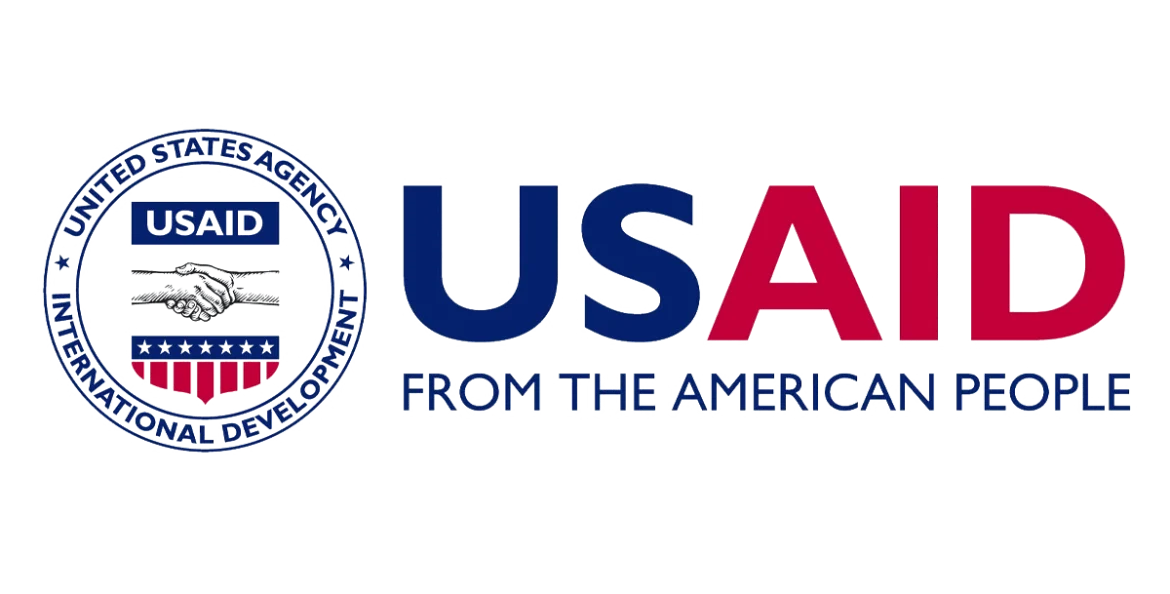By Muhammad Amaan
The United States Agency for International Development (USAID) said the United States Government, through its Presidential Malaria Initiative (PMI), has contributed $914m to fight malaria in Nigeria since 2011.
This is contained in PMI’s latest report, which said it also supported Nigeria with $73 million to fight malaria in 2023 alone, and released by the U.S. Embassy, Abuja, on Thursday.
It said that the funding cost and programs covered the delivering of 13.4 million bed nets, 6 million fast-acting medicines, and 11.8 million malaria rapid diagnostic tests to clinics and communities in Nigeria over the past year.
USAID also disclosed that in 2023, more than 7,200 Nigerian health workers were trained to strengthen their skills in malaria detection, treatment, and how to provide lifesaving care for their communities.
The report quoted USAID Nigeria Deputy Mission Director Sara Werth as lauding the Federal Ministry of Health for collaborating with the United States government and working to foster robust and effective malaria services in the future.
“As we reflect on the challenges and triumphs in our collective battle against malaria, let us reaffirm our commitment to a future where no family in Nigeria fears the threat of this disease.
“I urge the government of Nigeria to invest in making malaria programming more efficient and effective using data and other evidence to inform malaria implementation and drive faster results,” Werth said.
It recalled that Werth had earlier during the country’s 2024 World Malaria Day commemoration, reaffirmed the U.S. government’s unwavering support for Nigeria in the fight against malaria.
Werth had noted that the event was an opportunity to highlight the partnership between the United States and Nigeria to protect people from malaria and support healthy communities.
According to the report, malaria, which is a life-threatening disease caused by parasites transmitted to humans through the bites of infected female Anopheles mosquitoes, occurs regularly and is widespread across Nigeria.
It said that the World Health Organisation (WHO) estimated that Nigeria had nearly 67 million cases in 2022, which accounted for 27 per cent of the global malaria burden.
The PMI said that Nigeria also accounted for 31 per cent of global deaths and 38 percent of global deaths in children under the age of five, in 2022.
It said that worldwide, PMI benefited more than 700 million people each year, and had helped save over 10.6 million lives and prevented 1.7 billion malaria infections since 2000.
The report also quoted Dr David Walton, U.S. Global Malaria Coordinator, as lauding the Nigerian government’s support, as well as the efforts of Nigerian health workers, who are always on the front lines to protect their communities from malaria.
“I commend the energy, dedication, and ingenuity of those working on the front lines to protect their communities from malaria.
“The United States is committed to working hand in hand with the people of Nigeria as we pursue our joint vision of a malaria-free future,” Walton said.
It added that PMI, led by USAID and implemented together with the U.S. Centres for Disease Control and Prevention (CDC), supported 27 partner countries in sub-Saharan Africa and 3 programs across the Greater Mekong Subregion in Southeast Asia to control and eliminate malaria.
“PMI also delivers cost-effective, lifesaving malaria interventions, including insecticide-treated bed nets, indoor residual spraying, and essential medicines.
“It also invests in health workers and health systems to accelerate the global fight against this deadly disease,” the report added.




